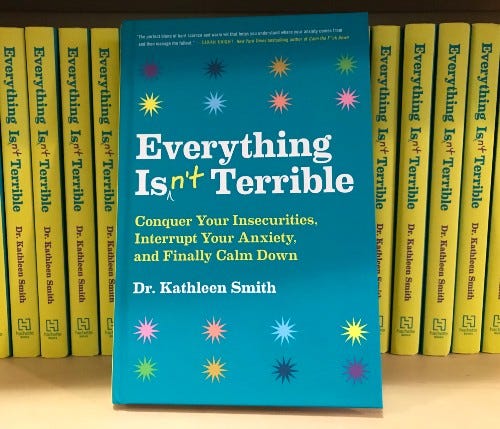
Anxiety is notoriously uncreative. When we feel distressed, our brain tends to hyper-focus on certain goals we have for ourselves. If you’re like me, you might find that your definition of success has become uncomfortably narrow in the last few weeks. So narrow that you finish every day feeling like it’s been an absolute waste, only to wake up the next morning thinking that THIS WILL BE THE DAY you become a robot who can plow through your to-do list without needing to sleep or stress-eat any cheese.
Jesus said that it’s easier for a camel to pass through the eye of a needle than for a rich person to enter the kingdom of God. Sure Jesus, but I also think it’s easier for a camel to pass through a needle than it is for an anxious person to feel like they’ve had a productive day.
The more anxious I am, the more quickly I grab for the world’s definitions of success and productivity. I’m not stopping to look at the labels. I’m just reaching out and sweeping an entire shelf into my cart like I’m a contestant on that old game show, “Supermarket Sweep.” Facebook likes? Sure. Contradictory parenting standards? Why not? Impossible body image goals? FILL HER UP.
I frequently catch myself evaluating myself based on rigid, unappetizing standards. Standards that have very little to do with my actual beliefs. They are convenient measures of success, but they are not flexible ones. They often are not controllable measures, and they certainly aren’t kind ones.
Here are just a few of the terrible measures of success that I use every day.
Terrible measures of success:
Is my book selling lots of copies?
Did lots of people like my social media post?
Did people text me back promptly?
Are there any dishes in the sink?
Is that spot still on the wall?
Did I act like an enlightened Montessori teacher around my kid?
Did I refrain from eating chocolate?
Here are some better ones that I’m trying to use, measures that I think reflect my best self.
Better measures of success:
Did I manage to refrain from any assholery?
Did I get some fresh air?
Did I ask someone how they were doing and really listen to their answer?
Did I manage some of my anxiety before dumping it on my kid?
Did I let myself be delighted by something ridiculous?
Was I honest about what I could and couldn’t do?
Did I make time to be curious about my work?
You might look at the second list and think it’s too easy. But a combination of maturity, honesty, and respect for others is the foundation on which great work happens. It’s also the only way you live a calmer life. Because I can assure you that nothing on that first list is going to make me feel secure for more than an hour or two.
This week, I challenge you to ask yourself this question: Through what impossible needle am I trying to drag my tired, jumpy pandemic self? Is it making every moment of your child’s day educational? Conquering an impossible to-read list? Reaching a ridiculous weight goal, or learning to do something that has never once brought you joy? Then take some to consider how your definition of a good day or smart work can cast a much wider net.
Being more flexible in your thinking isn’t excusing yourself from hard work. It’s simply acknowledging that the anxiety blinders we wear aren’t all that useful in the long run. It’s incredibly difficult to think flexibly in these times, but that’s exactly what will see us through.
Here are some other questions you can ask yourself:
What societal definitions of success do I hyper-focus on when I’m distressed?
What definitions of productivity have proven unhelpful in the past few weeks?
What are flexible, realistic measures of what a good day looks like?
News from Kathleen
Read my latest at Forge - “Controlling Others Means You’ve Lost Control”

Invite me to your Zoom Happy Hour! Want me to talk about anxiety to your work group? Shoot me an email.
Buy my book! If you haven't gotten your copy of Everything Isn't Terrible yet, you can buy it from Amazon, Barnes and Noble, Indiebound, Target, or anywhere you buy books! But I encourage you to support your local indie bookstore. The book is also available in e-book and audio book form.

New Anxiety Journal! The folks at Hachette Books have helped me create a new, free digital resource to supplement your reading of my book, Everything Isn’t Terrible. It’s called Calming Down & Growing Up: A 30-Day Anxiety Journal, and it includes thirty daily prompts to help you reflect on and respond to your anxious behaviors, using the ideas in Everything Isn’t Terrible.
To get a copy of the digital journal, you can submit a copy of your receipt for my book at the Hachette page, and they’ll send you it to you. Or you can email me.
If you're new to the newsletter, you can check out my website for past newsletters about anxiety and relationships. You can follow me on Twitter, Facebook, or Instagram, or email me if you have questions about the book, want me to speak to your group, or want to learn more about my therapy practice in Washington, DC. You can also visit the Bowen Center’s website to learn more about Bowen theory, as well their conferences and training programs.



